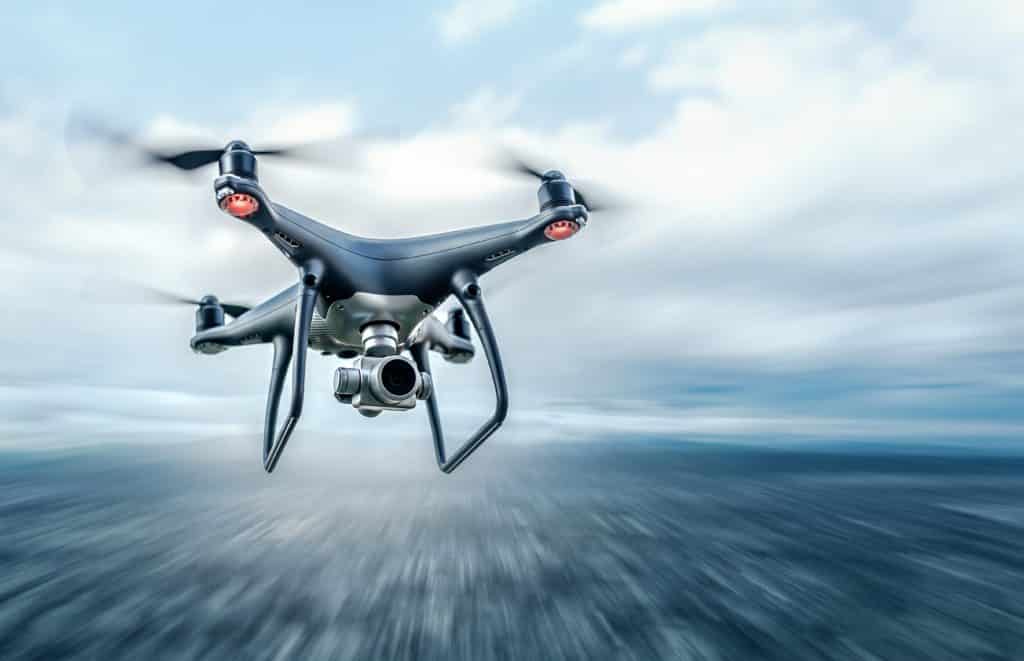
A report recently commissioned by Vodafone has found that more than four out of five people in the UK support the greater use of drones by the emergency services, as long as stringent safety, security and monitoring measures are in place. The survey made several recommendations for overall drone policy including a “blue light” fund for drones in the emergency services and the creation of a traffic management system to help co-ordinate drone flights with other airspace use.
The research found:
- 86% of those asked support the idea of using drones to support emergency response
- 79% of those agree with the idea of drones being used to assist the police
- 61% of those agree with drones helping to monitor with environmental conservation
Vodafone UK chief executive, Nick Jeffery, comments:
“Drones can provide crucial information to emergency services responding to incidents. They can asses fires, deliver medical supplies and help businesses survey hazardous conditions such as construction sites, power lines and our own mobile masts quicker and more safely”.
“On the flip side, rogue drones can pose security risks. However, by working in collaboration with the government, the public sector and regulators, we can shape legislation to ensure the transition from a consumer toy to a vital support service whilst protecting our critical infrastructure.”
How Have Drones Already Proven To Help The Emergency Sector?
Over the last couple of years, we have seen a huge growth in the utilisation of drones within the emergency sector. From drones delivering blood and chemotherapy kits for the NHS, to the police services using drones to helping find missing people, the potential for further drone implementation is massive.
New Drone Programme To Save Public Sector £7 million
National charity, Nesta, aims to spark and shape new ideas to improve how the world works, and its new ‘Flying High’ programme hopes to contribute to that. After researching into the efficiency of drones, the programme revealed that using them in the public sector could provide huge benefits to UK cities, and Southampton could save more than £7 million by 2035.
According to reports, the drones could not only save money, but be invaluable in helping provide services such as supporting faster more efficient transportation of medical supplies, replacing the need for costly road transport vehicles, or helping emergency services to assess a scene before they arrive.
Research has also shown that they could encourage innovative approaches to infrastructure maintenance and work too, alleviating pressure on councils finding resources for jobs that are more labour-intensive.
Tris Dyson, Executive Director of Nesta Challenges, which manages Flying High, comments:
“Drones delivering public services in cities could be part of our reality in the near future, bringing major benefits for the public sector. This is a great opportunity but cities and the public they represent will be critical in enabling the development of these urban drone services. If we can integrate technology, regulation, city leadership, public services and public engagement, we will help position the UK as a global leader in developing urban drone services and will unlock the significant economic opportunity for our future.”
Commercial Drone Insurance For The Public Services
Coverdrone can offer their commercial leading drone insurance policy to the public services to create piece of mind for all operations. To obtain a quote, or if you have a general enquiry, please do not hesitate to get in touch with the team.
